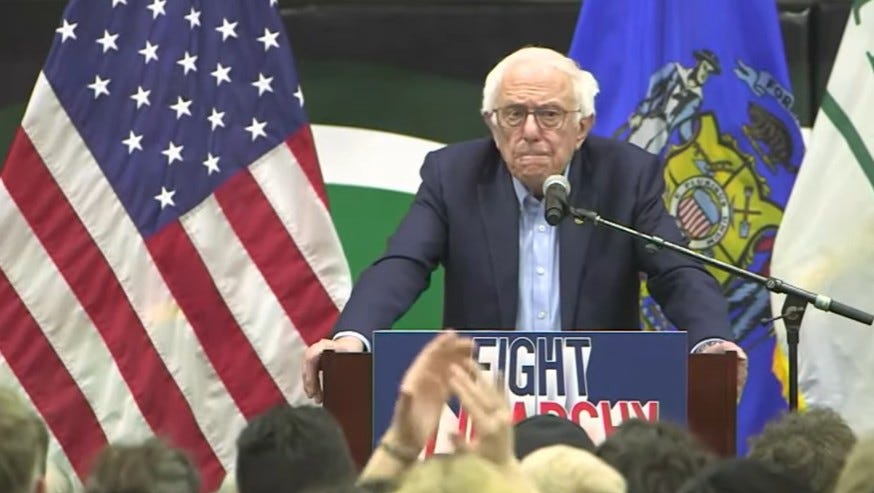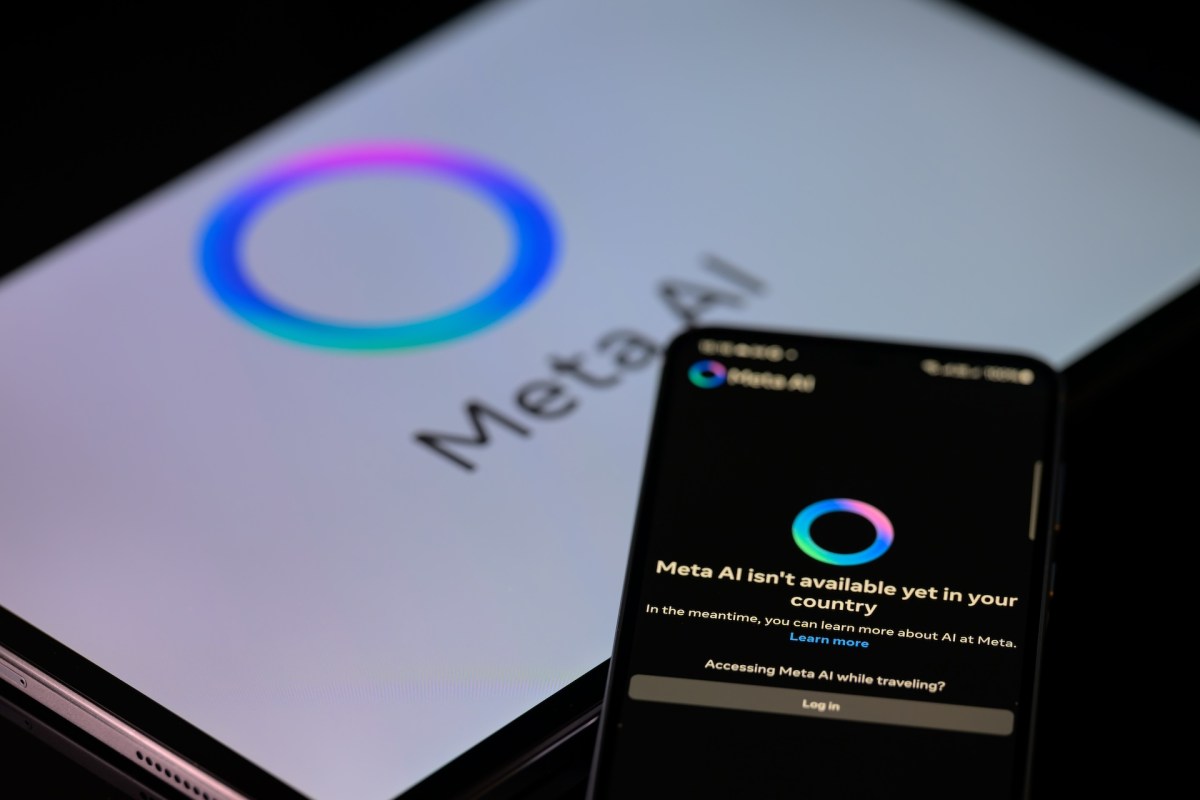
A new bill to establish Bitcoin as a strategic reserve asset was introduced to the Oklahoma House of Representatives on Jan. 15 by state Representative Cody Maynard.
House Bill 1203, known as the Strategic Bitcoin Reserve Act, would allow Oklahoma’s pension funds and state savings accounts to allocate a portion of their assets to Bitcoin (BTC) as a hedge against inflation.
Rep. Maynard said, “Bitcoin represents freedom from bureaucrats printing away our purchasing power.” The state representative continued:
“As a decentralized form of money, Bitcoin cannot be manipulated or created by government entities. It is the ultimate store of value for those who believe in financial freedom and sound money principles.”
Several US states have pending legislation to establish a Bitcoin strategic reserve, and several state pension funds have already diversified into Bitcoin as the digital asset gains mainstream, institutional adoption.
Oklahoma Strategic Bitcoin Reserve Act. Source: Oklahoma House of Representatives
Related: Oklahoma senator introduces Bitcoin Freedom Act for BTC payments
Bitcoin strategic reserve proposals pop up in several states
Pennsylvania lawmakers submitted a proposal for a Bitcoin strategic reserve in the state in November 2024, allowing the state Treasury to invest up to 10% of its assets in Bitcoin.
State Rep. Mike Cabell argued that Pennsylvania should adopt the Bitcoin diversification employed by private sector asset managers like BlackRock and Fidelity, which use Bitcoin to shield their investments from macroeconomic risks.
Cabell added that Bitcoin was a way to protect state purchasing power against inflation and through turbulent economic times.
In Texas, the Texas Strategic Bitcoin Reserve Act was filed on Dec. 12 by state lawmaker Giovanni Capriglione.
Capriglione proposed that the Texas comptroller of public accounts — the chief financial official for the state — hold Bitcoin as a reserve asset for at least five years.
North Dakota and New Hampshire followed suit, both introducing Bitcoin strategic reserve bills on Jan. 10.
The New Hampshire bill uses the blanket term “digital assets” — a signal that the state may diversify crypto holdings beyond Bitcoin.
According to Dennis Porter, co-founder and CEO of the Bitcoin advocacy group Satoshi Action Fund, the North Dakota bill already has 11 co-sponsors.
Magazine: Bitcoin payments are being undermined by centralized stablecoins
Bank of England (BOE) governor Andrew Bailey recently warned against banks issuing stablecoins, saying that the Bank of England should focus on tokenizing deposits instead. Stablecoins introduce systemic risks to… James Wynn, a crypto trader known for his high-leverage crypto bets, appears to have deactivated his X social media account, following nine-digit losses. Wynn’s X handle “JamesWynnReal” now routes to…UK Banks Should not Issue Stablecoins
Crypto Risk-Seeker James Wynn Deletes X Account









